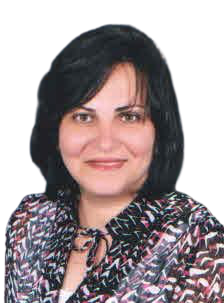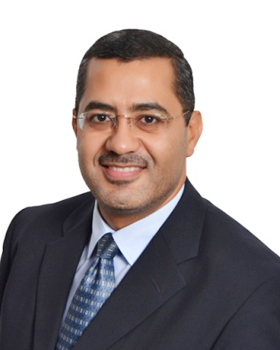Chemistry department contains three branches; Medicinal Chemistry, Pharmaceutical Organic Chemistry and Pharmaceutical Analytical Chemistry.
Medicinal Chemistry
The prime objective of this course is to prepare the students for professional practice by understanding the essentials of Medicinal Chemistry, and how the drugs, biological and toxicological activities are strongly correlated to their chemical structures (Structure-activity relationship; SAR), physicochemical properties and metabolic pathways. Focusing on patient-directed clinical care, the molecular aspects governing drugs’ pharmacokinetics (ADME), pharmacodynamics, optimization of drug action, possible side effects, in addition to understanding drug interactions are targeted. It also demonstrate examples of different chemotherapeutic classes, with focus on their chemical aspects (e.g., structure, synthesis and structure activity relationship), as well as their biochemical effects and mechanism of action.
In addition, the practical part focuses on the determination of certain physicochemical properties and applying certain pharmacopeia methods for purity assessment. The course is also designed to familiarize the students with drug design and molecular modelling covering structure-based and ligand-based drug design.
This also includes the process of drug discovery and development from target identification until approval of a new drug. Much concern is given to lead structure identification, optimization and targeting certain receptors and enzymes active sites. Additionally, the course addresses the study of molecular docking, pharmacophore generation, and molecular modifications including prodrug design, stereochemistry alterations, isosteric replacement, drug metabolism and Quantitative Structure-activity relationship (QSAR).
Pharmaceutical Organic Chemistry
The objective of this course is to provide students with the basic knowledge in pharmaceutical organic chemistry, which will serve as fundamentals for other courses offered during subsequent semesters.
This course involves different classes of organic compounds: Aliphatic and aromatic compounds which contain electronic structure, nomenclature, synthesis and chemical reactions. Also, Stereochemistry (Optical isomers, racemic modification, nomenclature of configurations) and heterocyclic chemistry. In addition, it provides the use of different spectroscopic tools, including UV, infrared (IR), nuclear magnetic resonance (NMR) and mass spectrometry (MS) for the structural elucidation of organic compounds
Pharmaceutical Analytical Chemistry
Analytical chemistry is the branch of chemistry that deals with the definition and determination of drug concentrations in various pharmacological forms as well as in biological fluids such as plasma, serum and urine. It also deals with the analysis of drugs and elements in environmental samples. Analytical chemistry is the backbone of the pharmaceutical industry as it assists quality control units in analyzing raw materials, intermediate products and final drug forms to ensure the product is safe and effective.
Chemical methods used in the analysis include: titration analysis (acid-base reactions, precipitation reactions or complexity reactions), electrochemical analysis (redox reactions, stress measurement, and performance measurement) and finally, automated analysis using spectroscopy and chromatographic analysis.
The aim of the courses is that the student should acquire the knowledge and skills that enables him / her to acquire several competencies in quantitative analysis that would enable him/her to work upon graduation in related fields of analysis (pharmaceutical companies, research laboratories, forensic chemistry, environmental pollution,…..etc)
Staff Members

Dr. Abeer Abdel Azim, Associate Professor of Organic Chemistry

Dr. Ragab Ahmed
Assistant Professor of Analytical Chemistry



